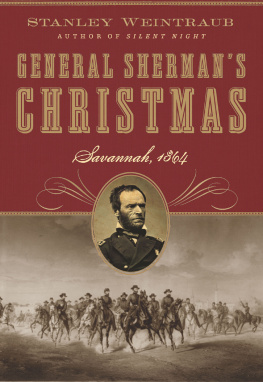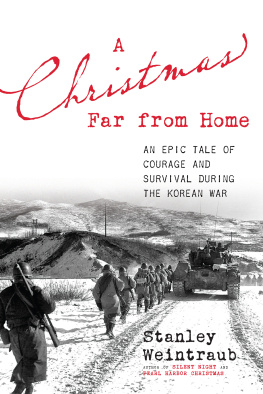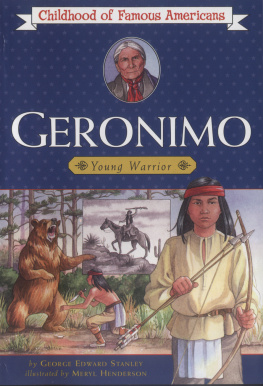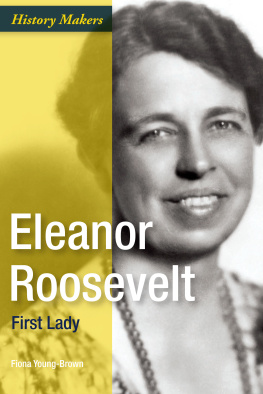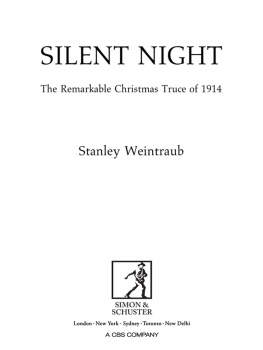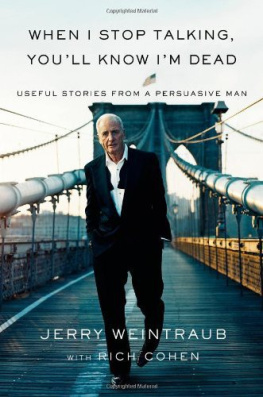Stanley Weintraub - Young Mr. Roosevelt
Here you can read online Stanley Weintraub - Young Mr. Roosevelt full text of the book (entire story) in english for free. Download pdf and epub, get meaning, cover and reviews about this ebook. publisher: Da Capo Press, genre: Detective and thriller. Description of the work, (preface) as well as reviews are available. Best literature library LitArk.com created for fans of good reading and offers a wide selection of genres:
Romance novel
Science fiction
Adventure
Detective
Science
History
Home and family
Prose
Art
Politics
Computer
Non-fiction
Religion
Business
Children
Humor
Choose a favorite category and find really read worthwhile books. Enjoy immersion in the world of imagination, feel the emotions of the characters or learn something new for yourself, make an fascinating discovery.

- Book:Young Mr. Roosevelt
- Author:
- Publisher:Da Capo Press
- Genre:
- Rating:4 / 5
- Favourites:Add to favourites
- Your mark:
- 80
- 1
- 2
- 3
- 4
- 5
Young Mr. Roosevelt: summary, description and annotation
We offer to read an annotation, description, summary or preface (depends on what the author of the book "Young Mr. Roosevelt" wrote himself). If you haven't found the necessary information about the book — write in the comments, we will try to find it.
Young Mr. Roosevelt — read online for free the complete book (whole text) full work
Below is the text of the book, divided by pages. System saving the place of the last page read, allows you to conveniently read the book "Young Mr. Roosevelt" online for free, without having to search again every time where you left off. Put a bookmark, and you can go to the page where you finished reading at any time.
Font size:
Interval:
Bookmark:



FDRS INTRODUCTION TO WAR,
POLITICS AND LIFE

Stanley Weintraub

DA CAPO PRESS
A Member of the Perseus Books Group
Copyright 2013 by Stanley Weintraub
All rights reserved. No part of this publication may be reproduced, stored in a retrieval system, or transmitted, in any form or by any means, electronic, mechanical, photocopying, recording, or otherwise, without the prior written permission of the publisher. For information, address Da Capo Press, 44 Farnsworth Street, 3rd floor, Boston, MA 02210.
Design and Composition by Trish Wilkinson
Set in 11 point Goudy Old Style
Library of Congress Cataloging-in-Publication Data
Weintraub, Stanley, 1929
Young Mr. Roosevelt : FDRs introduction to war, politics and life / Stanley Weintraub.
pages cm
Includes bibliographical references and index.
ISBN 978-0-306-82235-3 (e-book) 1. Roosevelt, Franklin D. (Franklin Delano), 18821945. 2. PresidentsUnited StatesBiography. 3. United States. Navy DepartmentOfficials and employeesBiography. 4. United StatesPolitics and government19131921. 5. World War, 19141918United States. I. Title.
E807.W425 2013
973.917092dc23
[B]
2013014328
Published by Da Capo Press
A Member of the Perseus Books Group
www.dacapopress.com
Da Capo Press books are available at special discounts for bulk purchases in the U.S. by corporations, institutions, and other organizations. For more information, please contact the Special Markets Department at the Perseus Books Group, 2300 Chestnut Street, Suite 200, Philadelphia, PA 19103, or call (800) 810-4145, ext. 5000, or e-mail .
10 9 8 7 6 5 4 3 2 1
For
Mark & Judith
David & Carie Lee
Erica & Bruce
Contents
Come, gather children by my side
And listen well to me
How fortune de[a]lt
With Roosevelt
The pride of our Navee.
LOUIS MCHENRY HOWE
Tis the curse of the service,
Preferment goes by letter and affection,
Not by the old gradation, where each second
Stood heir to the first.
OTHELLO, GENERAL OF THE VENETIAN NAVY
We cannot anchor our ship of state... We must go forward, or flounder.
FDR ACCEPTING THE DEMOCRATIC VICE PRESIDENTIAL NOMINATION, HYDE PARK, AUGUST 9, 1920
WORKING ON FINAL VICTORY, about the wartime 1944 presidential campaign in which Franklin Delano Roosevelt won an unprecedented fourth term, abbreviated by his sudden death in April 1945, I planned to include a chapter on the service vote. Millions of Americans in uniform at sea or on distant fronts were eligible for absentee ballots. In the first decade of the new century, many former servicemen I contacted, however elderly, recalled where they were and how they voted. By mail, in person, and through helpful questioners on my behalf across the country, I recorded their responses. In each case I asked why the veteran voted for the candidate chosen then. Former sailors and their officers frequently answered, I voted for Roosevelt because he was a Navy man.
A Navy man? Young Roosevelt was, indeed, Assistant Secretary of the Navy during World War I, and into 1920. I determined, once the 1944 book was completed, to examine what kind of Navy man he was, and how those wartime years of political apprenticeship foreshadowed his future.
THE ONLY CHILD of a young mother and a father in late middle-age, both wealthy, patrician and bred on venerable rustic estates long predating the nations independence, Franklin Delano Roosevelt could look forward to an untroubled future as a country squire. He might interrupt his moneyed leisure with golfing, boating, gentlemens clubs, cocktails, cards, connoisseurship, and oversight of family properties and investments. Perhaps, too, through an undemanding Ivy League law background, he might endure the occasional preparation of briefs in a prestigious Wall Street firm. An arranged marriage with a well-to-do society beauty also seemed inevitable, and very likely an honorary and unexacting position in politics and public life arranged through lending his Roosevelt signature to corporate letterheads and through his liberality to party funds. After an estimable, blameless, boring passage of years, he would be remembered in a modest obituary in the New York press, but hardly beyondand then quietly forgotten.
None of the above would happen. Owning an inherited fortune and recognizable surname might push someone into unwarranted prominence, then prove poor springboards, as the disappointing successors to famous names have repeatedly demonstrated. Yet exceptions to such handicaps happen. Robert McCormick, implacable publisher of the Chicago Tribune, called FDR scornfully one-half of one percent [Theodore] Rooseveltbut Bertie McCormick lived to see his words haunt him. Although vastly overshadowed at first by a flamboyant elder cousin, his wifes Uncle Ted, who had made the White House his bully pulpit, a callow FDR would overcome the mixed blessing of his background. He would explore paths into government; run for political offices, and win and lose; survive a potentially devastating extramarital scandal; come close to death in a pandemic, then prevail over crippling paralysis that left him wheelchair-bound; energize recovery from the greatest economic depression in the nations history and oversee its greatest war; and campaign and win four tumultuous terms as President.
SUPPORTED BY DOCUMENTATION beyond lists and names and places and dates, biographers are inevitably prompted by their recognition of how lives turn out. As readers, we possess that delicious sense of dramatic irony that we know not only what the figure at the centerhere, the young Franklin Delano Rooseveltcould not have known, but how and why what happened did happen. We possess a growing awareness of how unforeseen disasters were averted or surmounted, and how successes were frustrated by hubris or followed up by even further achievement. And how routine associates on the margins of his early experience would turn up later as vital supporting players on a larger stage.
Young Franklins first and unpromising acquaintance with that stage occurred when he was four or five, and his father, already nearly sixty, gained entre to the White House, where a president of his own party, whom James Roosevelt had financially supported, sat, burdened with political troubles. I have one wish for you, little man, said burly Grover Cleveland, that you will never be President of the United States. When Roosevelt died on December 8, 1900, his only child was eighteen. A distant cousin, Theodore, from the rival and dominant party, had just been elected vice president. A freshman at Harvard, Franklin had briefly joined the colleges Republican Club to promote TRs candidacy. The next year an assassins bullet would elevate the elder Roosevelt, who had won with William McKinley, to the presidency.
Next pageFont size:
Interval:
Bookmark:
Similar books «Young Mr. Roosevelt»
Look at similar books to Young Mr. Roosevelt. We have selected literature similar in name and meaning in the hope of providing readers with more options to find new, interesting, not yet read works.
Discussion, reviews of the book Young Mr. Roosevelt and just readers' own opinions. Leave your comments, write what you think about the work, its meaning or the main characters. Specify what exactly you liked and what you didn't like, and why you think so.

